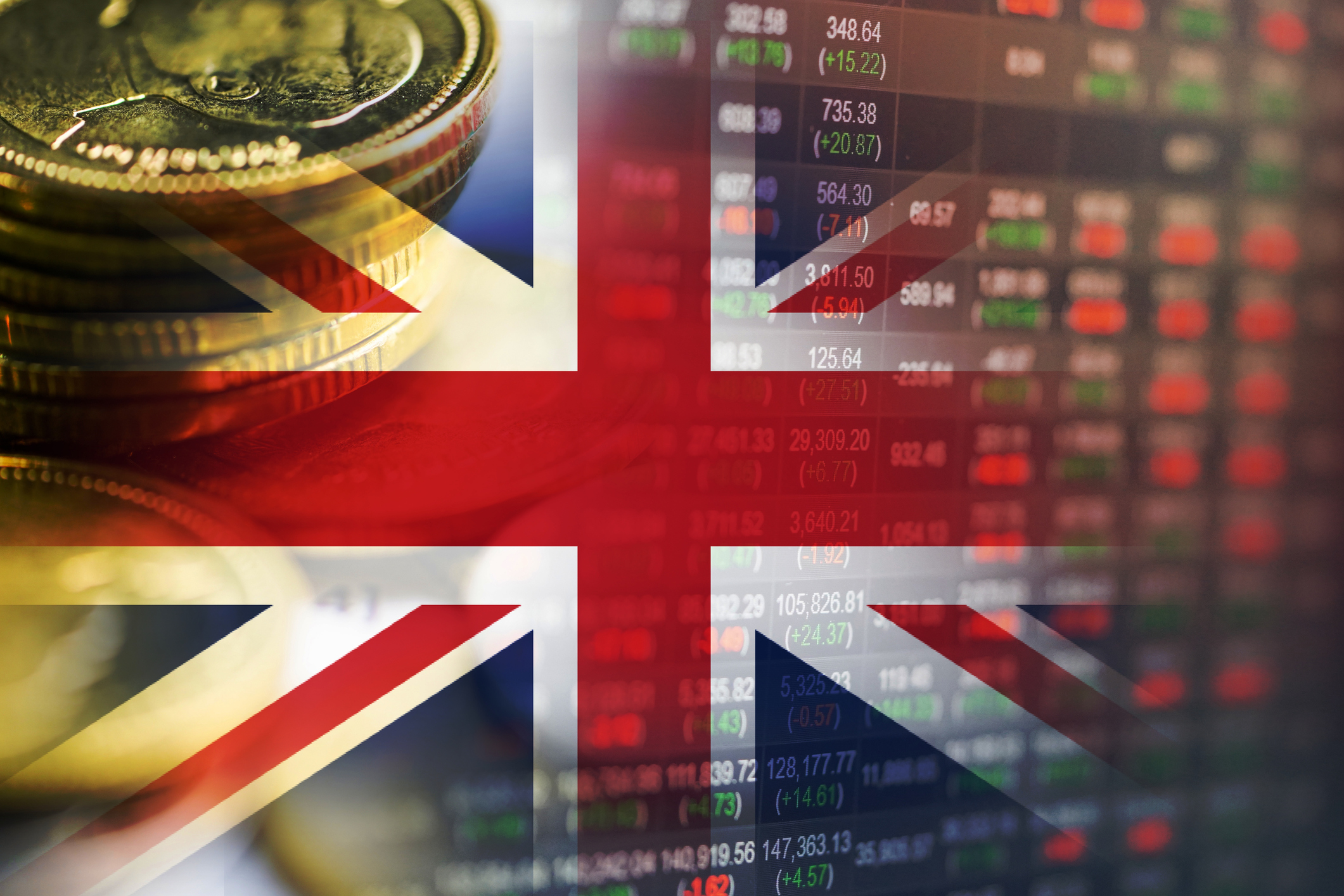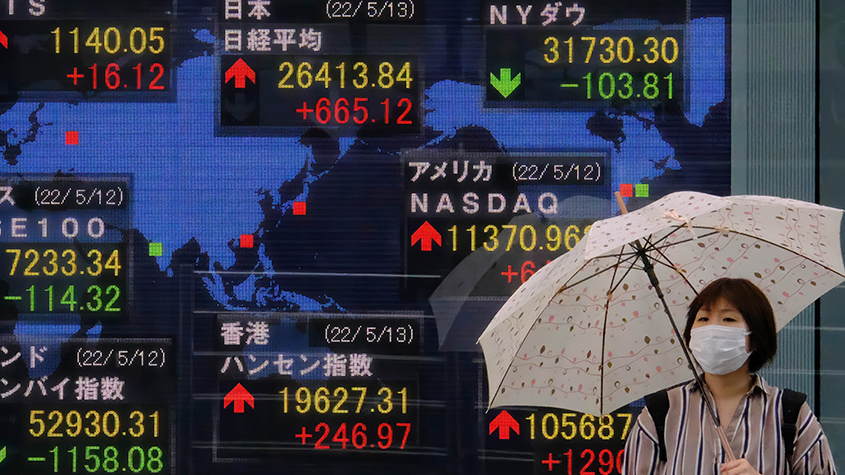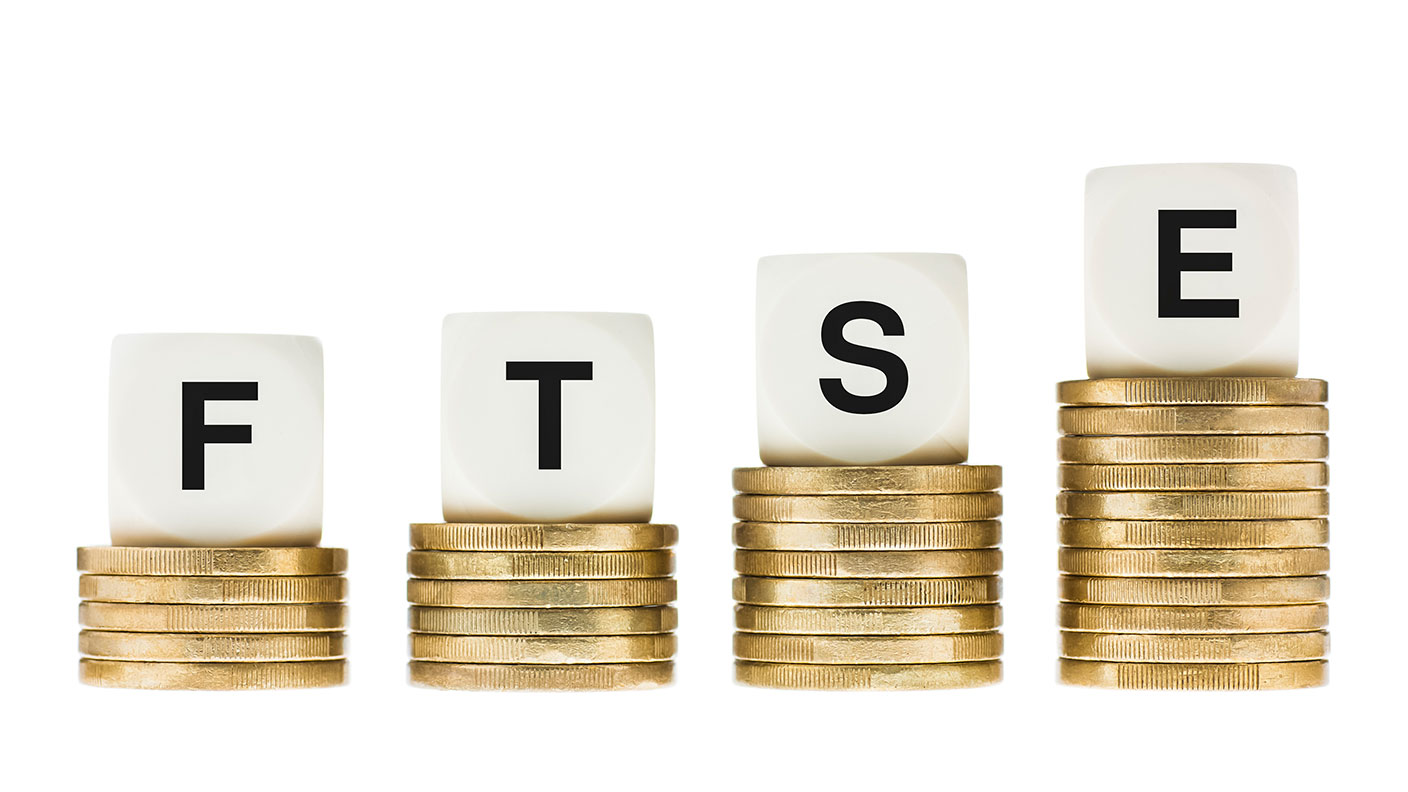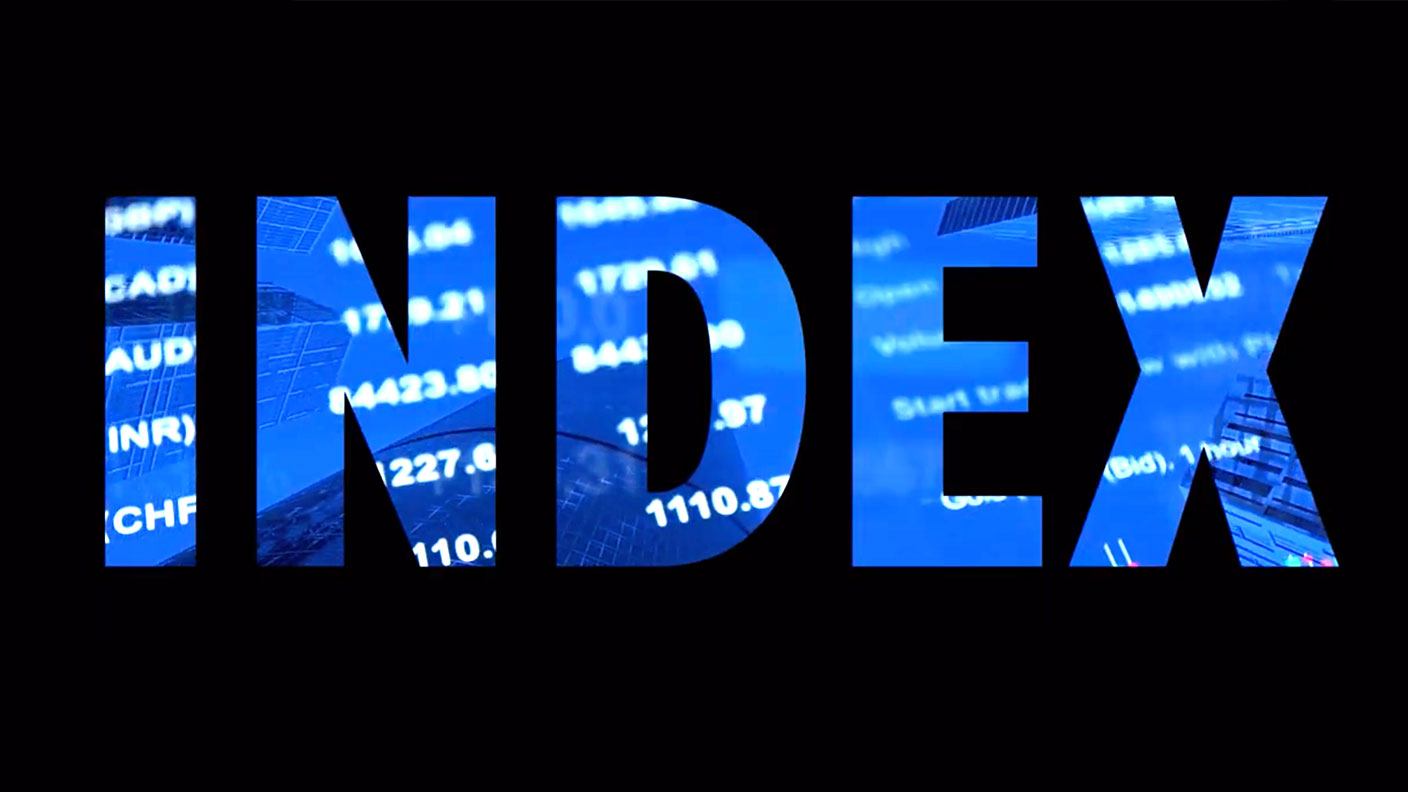Get the latest financial news, insights and expert analysis from our award-winning MoneyWeek team, to help you understand what really matters when it comes to your finances.
You are now subscribed
Your newsletter sign-up was successful
Want to add more newsletters?

Twice daily
MoneyWeek
Get the latest financial news, insights and expert analysis from our award-winning MoneyWeek team, to help you understand what really matters when it comes to your finances.

Four times a week
Look After My Bills
Sign up to our free money-saving newsletter, filled with the latest news and expert advice to help you find the best tips and deals for managing your bills. Start saving today!
Indices such as the FTSE 100 play a huge role in investment. They are used for monitoring the performance of a market, for providing a benchmark for a tracker fund to replicate and as a reference when analysing a fund manager’s returns.
The rapid growth of tracker funds, combined with a greater focus on portfolio analytics, means that compiling indices is now big business. Providers charge licensing fees to fund firms to use their benchmarks, so owning famous indices that are in high demand for index funds can be very profitable.
MSCI, FTSE Russell and S&P Dow Jones are the three leading providers, accounting for about 70% of the industry in 2020. All three publish a huge number of global, regional and country indices, many of which are further broken down by style (such as value or growth), currencies or other metrics.
MoneyWeek
Subscribe to MoneyWeek today and get your first six magazine issues absolutely FREE

Sign up to Money Morning
Don't miss the latest investment and personal finances news, market analysis, plus money-saving tips with our free twice-daily newsletter
Don't miss the latest investment and personal finances news, market analysis, plus money-saving tips with our free twice-daily newsletter
In some situations, they produce comparable indices where performance tends to be similar (eg, MSCI USA, FTSE USA and S&P 500). In other cases (eg, emerging markets) there may be greater variation because of different decisions on what to include and omit.
MSCI, which was spun out of Morgan Stanley in 2007, is the largest. Its key benchmarks include the MSCI World and the MSCI Emerging Markets. FTSE Russell, which is owned by London Stock Exchange (LSE), began as a joint venture between the stock exchange and the Financial Times in 1995. LSE took full control in 2011 and bought US-based Russell in 2015. It controls the FTSE 100, as well as the Russell 2000 small-cap index. S&P Dow Jones was formed in a merger in 2012, bringing the S&P 500 and the Dow Jones Industrial Average together in one firm.
Other providers behind many important indices include Bloomberg, Nasdaq and Stoxx (owned by Deutsche Börse). A few firms that are not major index providers also provide some key benchmarks, such as JP Morgan in the bond market.
Get the latest financial news, insights and expert analysis from our award-winning MoneyWeek team, to help you understand what really matters when it comes to your finances.
MoneyWeek is written by a team of experienced and award-winning journalists, plus expert columnists. As well as daily digital news and features, MoneyWeek also publishes a weekly magazine, covering investing and personal finance. From share tips, pensions, gold to practical investment tips - we provide a round-up to help you make money and keep it.
-
 Should you buy an active ETF?
Should you buy an active ETF?ETFs are often mischaracterised as passive products, but they can be a convenient way to add active management to your portfolio
-
 Power up your pension before 5 April – easy ways to save before the tax year end
Power up your pension before 5 April – easy ways to save before the tax year endWith the end of the tax year looming, pension savers currently have a window to review and maximise what’s going into their retirement funds – we look at how
-
 Best FTSE 250 dividend stocks for high yields
Best FTSE 250 dividend stocks for high yieldsSmall and mid-cap UK stocks are a boon for dividend investors. The FTSE 250 and other small-cap indices could be poised for growth next year.
-
 Low-cost index funds for simple investing
Low-cost index funds for simple investingTips Index funds are an easy, low-cost way for investors to invest in a sector or asset class. Here’s a selection of the cheapest passive tracker funds on the market right now
-
 Britain’s resilient blue chips – a refuge in the inflationary storm
Britain’s resilient blue chips – a refuge in the inflationary stormNews The UK's blue-chip FTSE 100 index has been the best-performing major stockmarket index so far this year.
-
 Why you need to invest at least some of your money outside the UK
Why you need to invest at least some of your money outside the UKAdvice Most investors tend to have a bias to their home market. But that’s a mistake, says Rupert Hargreaves. Investing in international stocks can help diversify your portfolio and protect your wealth from unnecessary risks.
-
 Is it OK to buy Scottish Mortgage investment trust again?
Is it OK to buy Scottish Mortgage investment trust again?Tips Scottish Mortgage investment was hit hard by the tech-stock crash, and it is still being buffeted by headwinds. Should new investors wait for those to ease before buying in?
-
 The FTSE 100 is doing moderately well – can this continue?
The FTSE 100 is doing moderately well – can this continue?Analysis The FTSE 100 performed well and better than expected in the first quarter of 2022. John Stepek looks at what has changed.
-
 The spectre of stagflation shakes stockmarkets
The spectre of stagflation shakes stockmarketsNews Stockmarkets are getting increasingly jumpy about stagflation, the combination of economic stagnation and high inflation, with America’s S&P 500 down by 4.8% in September and the FTSE 100 by 1%.
-
 Too embarrassed to ask: what is an index?
Too embarrassed to ask: what is an index?Videos The FTSE 100 is probably the best-known stockmarket index in the UK. But what exactly is an index?

